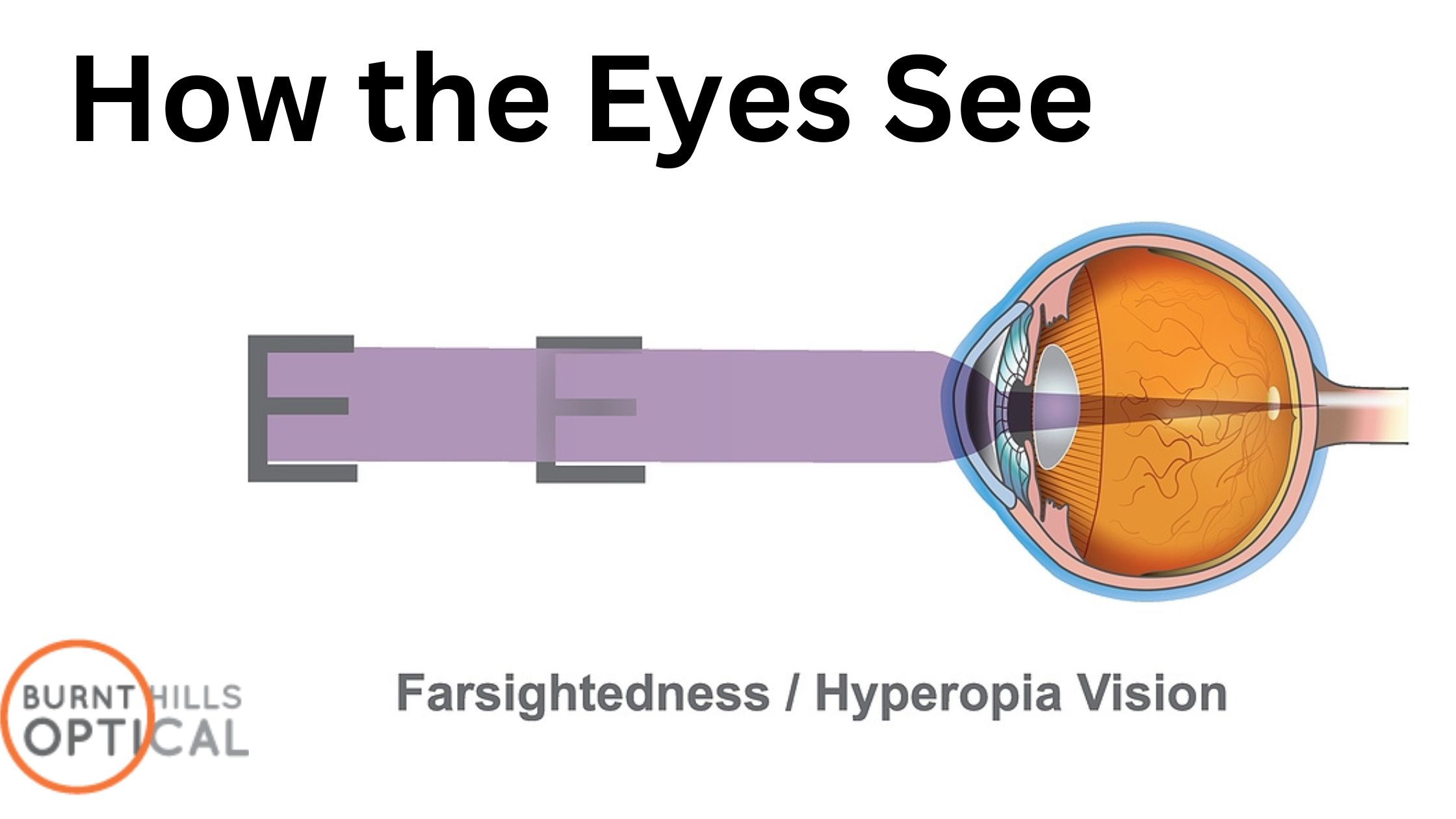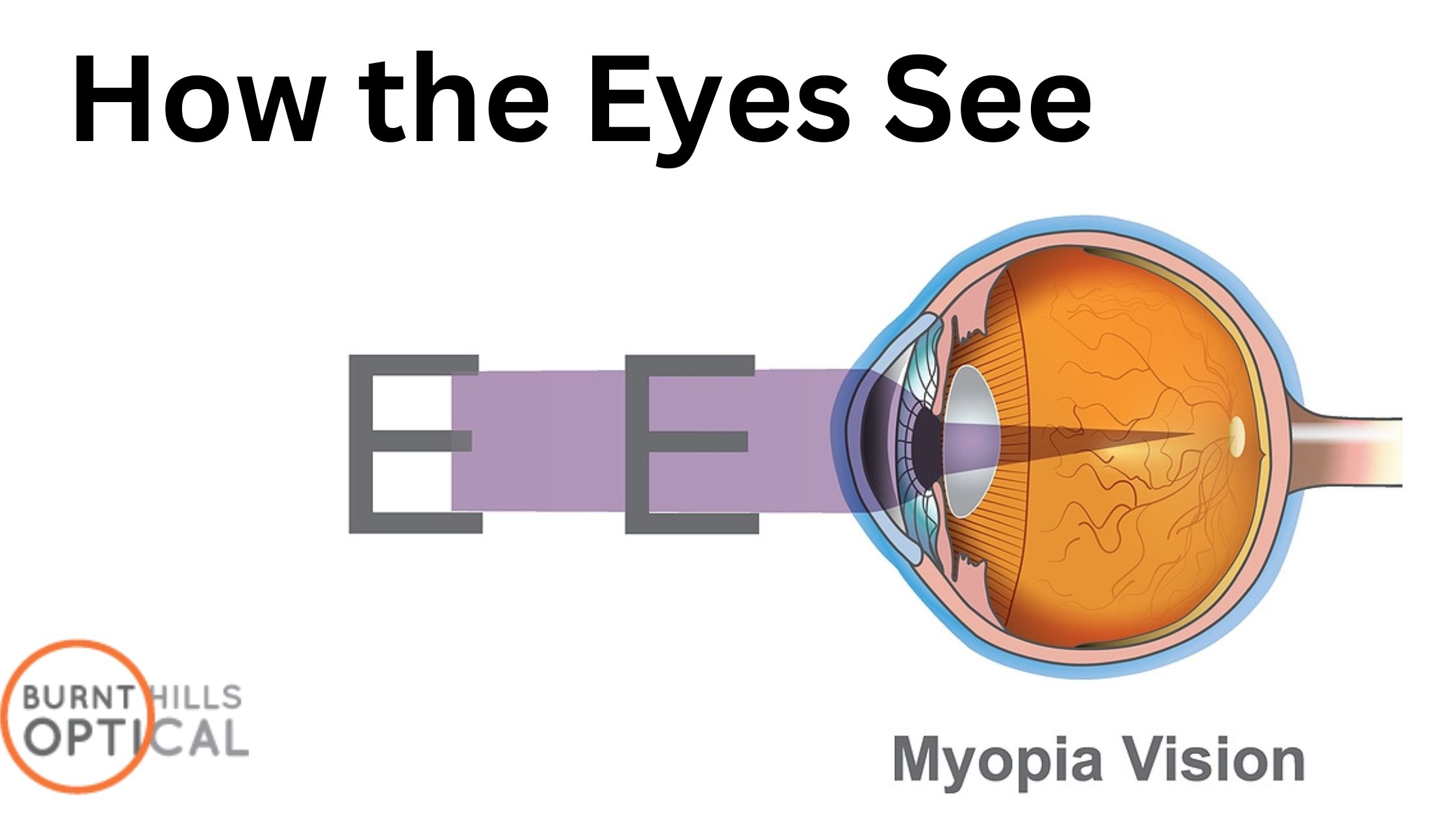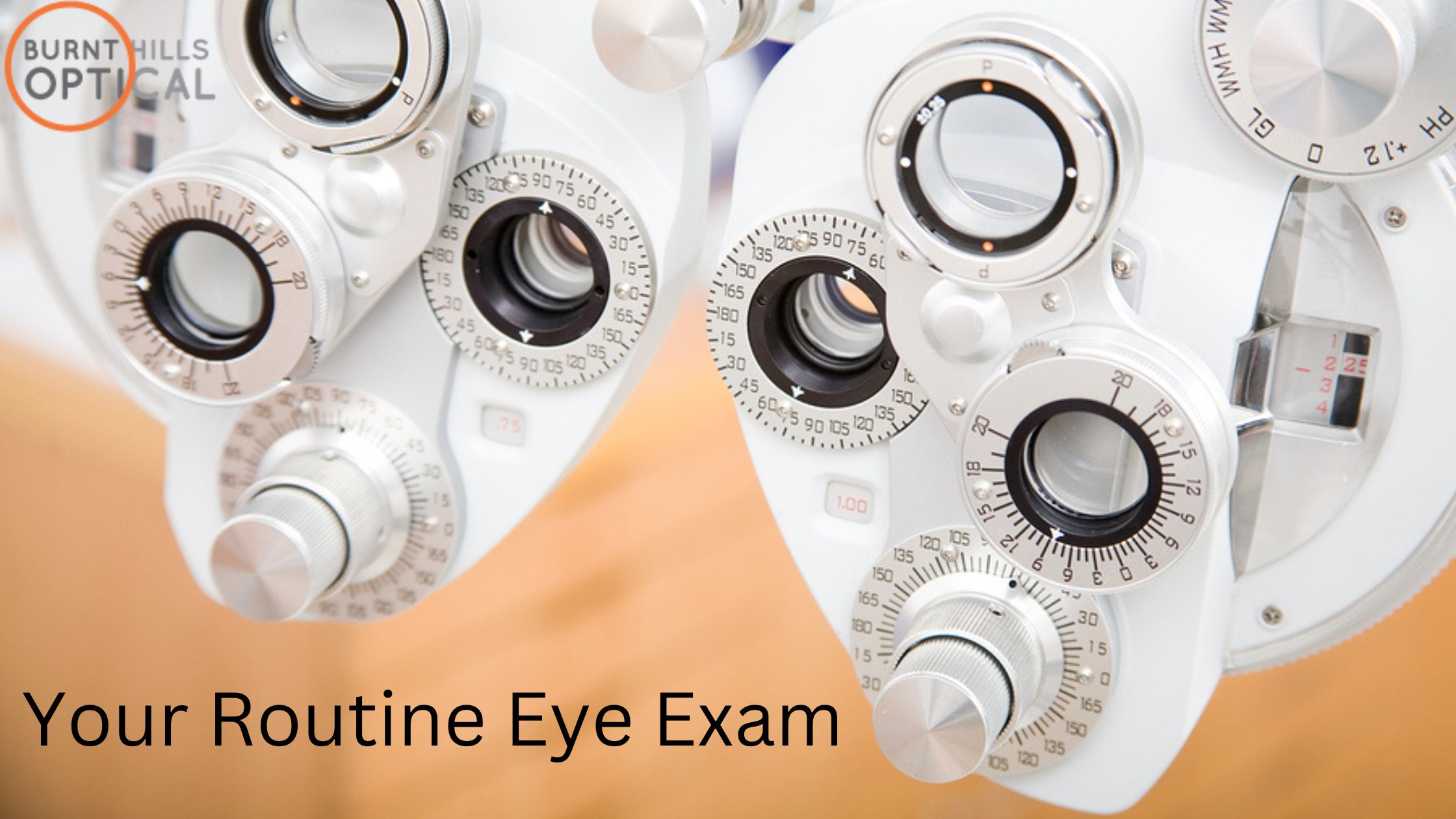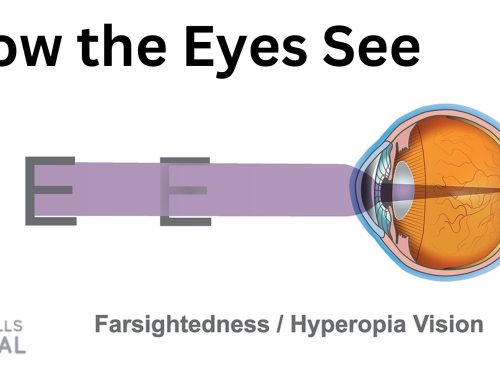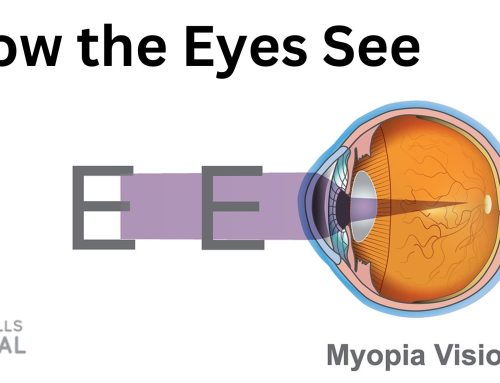4 Reasons you Don’t Want to Skip Your Eye Exam
Routine eye exams are important — regardless of your age or your physical health. In addition to evaluating your eyes for glasses and contacts, your eye doctor will check your eyes for eye diseases and other problems that could lead to vision loss. Also, eye doctors often are the first health care professionals to detect chronic systemic diseases such as high blood pressure and diabetes. Below are just a few reasons you don’t want to skip your yearly eye exam.
Acuity: Many times people do not even realize that they are not seeing their best until they have an eye exam. And other times, people think they are not seeing well, when in reality their vision is as good as it can be. Sometimes a small change in prescription can make the difference between things looking a little “fuzzy” or “crisp”.
- Diseases: Many eye diseases, such as glaucoma and diabetic retinopathy, have no symptoms in their early stages. Your eye doctor will check the health of your eyes inside and out for signs of early problems. In most cases, early detection and treatment of eye diseases can help reduce your risk for permanent vision loss. It is estimated that one-third of Americans who have diabetes don’t know it; your eye doctor may detect the disease before your primary care physician does, especially if you’re overdue for a physical.
New Technology: Most people wouldn’t dream of going a year without updating their cell phone to the latest technology! How about your glasses that you wear on your face EVERYDAY. There are always new improvements in lens and frame technology that patients can benefit from both in comfort and clarity.
Eyeglass tune up: Even in the event that you do not have a change in prescription or get new glasses, for some the only time we see you is when they have an exam and it is a good opportunity to give your glasses a tune up. We can straighten, tighten and realign your glasses to assure you are seeing your best!
During a comprehensive eye exam, your eye doctor does much more than just determine your prescription for eyeglasses or contact lenses. He or she will also check your eyes for common eye diseases, assess how your eyes work together as a team and evaluate your eyes as an indicator of your overall health


